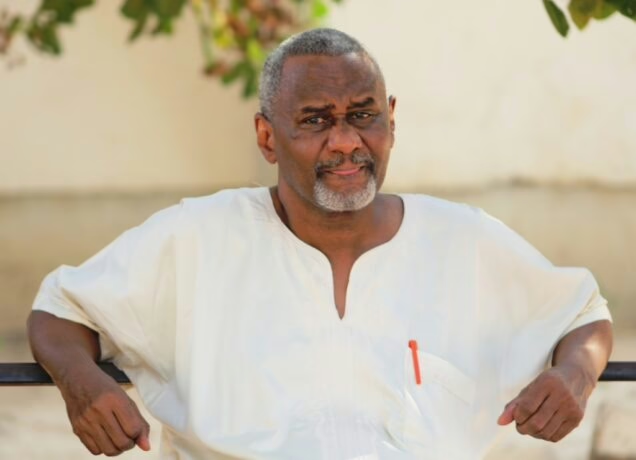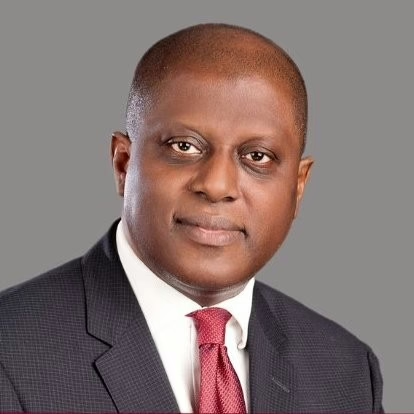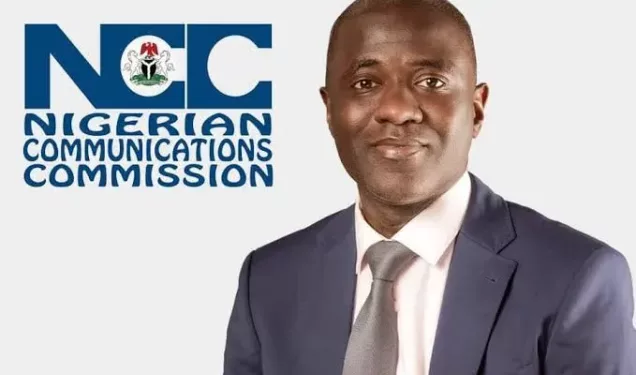By Kareem Azeez
28 April 2024 | 8:00 am
“The reason I’m wearing this cap is because I’m an ‘Area boy’, and I know the word ‘area boy’ is a derogatory term, and we have changed that narrative in a way that inspires the world,” Tunde Onakoya said recently. Yes, the narrative has changed. Onakoya’s recent feat in New York has become a swansong…

“The reason I’m wearing this cap is because I’m an ‘Area boy’, and I know the word ‘area boy’ is a derogatory term, and we have changed that narrative in a way that inspires the world,” Tunde Onakoya said recently.
Yes, the narrative has changed. Onakoya’s recent feat in New York has become a swansong for the ‘beatification of the Area Boy’: His journey from the slums of Majidun and Makoko to the bustling streets of New York has canonised the vision to effect positive change.
Tunde Onakoya’s story, which has gone viral, started when he began playing the game of chess in the streets of Majidun, which he learnt by just watching others play.
Read Also: TUNDE ONAKOYA RECEIVES HEROIC WELCOME
He played chess from Wednesday, April 17, 2024, till Saturday, April 21 (2:40am), to beat the world record of 56 hours, 9 minutes and 37 seconds set in 2018 by two Norwegians – Hallvard Flatebo and Sjur Ferkingsta.
He teamed up with the American chess master, Shawn Martinez, to play chess for 60 hours non-stop. He was unbeaten in more than 170 games.
The World Guinness Book of Records organisation requires for its purpose two players, to play against each other and others, with short breaks of five minutes for every hour or a longer 30-minute break every six hours.
His encounter with slum children changed everything for him. Having met with children that poverty has chosen a life for, smoking and standing on the streets of despair, Onakoya believes if he used his gift, he could also give them a life.
“Now, I do not know how chess would put food on their table, but I am sure it would give them a new identity, and people would respect them,” he said.
A board member of The Gift of Chess, a non-profit in New York, United States, in 2018, he founded a volunteer non-profit group known as Chess in Slums Africa through which he trained young persons, mostly from the slums like Makoko in Lagos.
Makoko is the largest floating slum in Africa (if not the worst). It signifies a lot of positive things, and worst things, too. Contrary to the above, Onakoya showed us the beautiful side of children termed ‘Area boys’. And through partnerships, the group promoted chess.
He said: “From Majidun, we expanded chess in slums to Makoko, the largest floating slum in the world. It was a lot more challenging because the children in Makoko spoke only Egun, so, it was almost impossible to communicate with them.
It was a proper slum where they live over stagnant water.
“The children even fall inside the water and drown sometimes. I could only live there for three days before falling seriously ill. It was horrible. No one should have to live there.”
By 2021, Chess in Africa Slums had trained over 1,000 children, and organised chess competitions that even produced a 10-year-old boy with cerebral palsy as a chess champion. One of his students once defeated the acting Canadian High Commissioner to Nigeria, Kevin Tokar, in a chess exhibition game.
“There’s a boy named Ferdinand. He was born with cerebral palsy. He didn’t make it into our Chess in slums programmes originally, but he kept crying and wouldn’t leave the venue, so, we let him join.
Turns out this boy is a chess prodigy. He came top of the group and has won chess championships. The story went viral. The governor of Lagos State, who’s a chess enthusiast, sent me a message and asked to meet Ferdinand.
They played an intense game of chess which lasted for 40 minutes before it ended in a draw,” he confessed.
Read Also: My father sold his taxi to pay my WAEC fee – Tunde Onakoya
“Now, his education is being sponsored by the governor. I went to bed with a big smile on my face, feeling fulfilled. I was glad I could make that kind of impact. I imagined what would have happened if I had given up on the project when things were tough and I was terribly broke?” he quipped.
The new record is yet to be officially announced, this may take a few weeks, but Onakoya’s feat was not hidden — it was in the open, at Times Square in New York, with spectators watching every move on the board of play.
However, history has been made and it has come from the most unlikely place for Nigeria – chess, in a country that often fails to pay attention to other sports.
But Onakoya’s story goes beyond breaking records and garnering accolades. It speaks to the power of resilience, innovation, and collective action in transforming lives and communities. Through his work, he has shown that even the smallest piece on the board can rise to become a queen, symbolising the potential inherent in every individual, regardless of their circumstances.
He plans to train over one million children within the next five years.
Onakoya has pursued his passion further by seeking to break the extant Guinness World Record for the longest chess marathon, not for personal glory, but to raise $1 million for the education of children in Africa, and to build a free chess academy and a STEM innovation lab in Lagos.
He may not have immediately achieved the $1 million mark, but he has given more popularity to chess and provided an opportunity for the appreciation of the Nigerian spirit.











